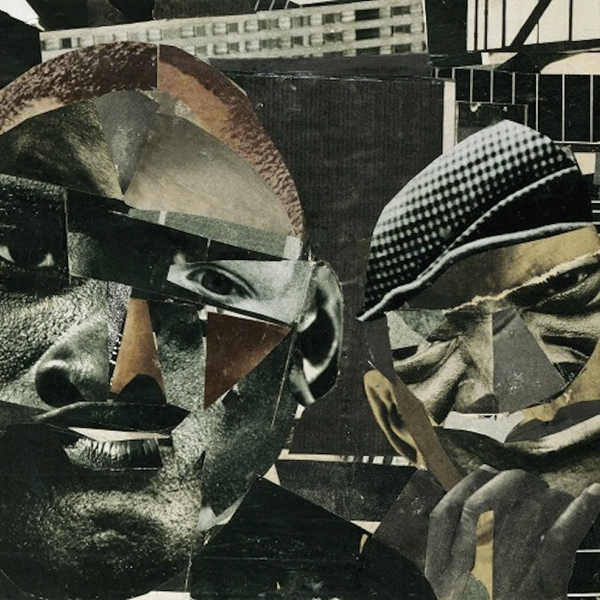
The Roots have been a model for longevity and continual growth within hip-hop as well as the music scene for almost as many years as they’ve been active in it. Over 20 years in the business of making music, their appeal has begun to expand more than ever before with their gig as the house band on “The Tonight Show Starring Jimmy Fallon” and their continuing expansion outside of hip-hop on their records. They’re a complete band who have always gone against the typical hip-hop sound and message, and they’ve intensified those attitudes on their most recent records. Their newest record, “…And Then You Shoot Your Cousin,” can hardly be considered textbook hip-hop, presenting an unconventional sound that paints a large, sometimes satirical, dark portrait against hip-hop facades.
Boom-bap czars of “real hip-hop” will have a difficult time digesting some of the sounds found on this record. Yet in line with their previous album “Undun,” it’s a record that you can listen to even if you’re unfamiliar with hip-hop. This album brings some challenging tracks in the form of “Dies Irae,” an electronically shredded combustion of sound in the album’s center. It’s one of the three tracks not originally from the Roots, including the intro track, “Theme From the Middle of the Night,” sung by Nina Simone, and “The Devil” by Mary Lou Williams. They bring a gloomy mood imprinted in between original Roots tracks, with their spacing continuously moving the album forward.
Then there are a grip of vocal features that highlight how musically adept the Roots have become. “Never,” the second track, brings together a choir-like introduction grouped with eerily child-like vocals from Patty Crash that transitions into a disjointed string plucking. Then there’s “Black Rock,” the most fittingly disorganized musical piece on the album, with pianos and drums clashing in a disjointed manner. Its counterpart, “The Dark (Trinity),” brings the boom in a forceful way. It’s heavy, concerning and downright gutter. It’s the album’s unquestionable climax.
The Roots battle with the idea of riches, fame and sexuality in hip-hop through numerous characters as they struggle with these pitfalls. It’s an interesting concept where these characters exude their wealth and power in shocking ways, while also being self-aware of the triviality of their successes. “I don’t give a fuck / Now maybe that’s abstinence / Or the arrogance of someone who ain’t got shit / That think money over bitches is a stock tip,” is one of the powerful lines dropped on “When the People Cheer.” The lyrics are heavy with punch lines while staying true to a larger story in satirizing the excesses of hip-hop. There’s Black Thought’s intro on “Never,” setting the tone for the album with “I was born faceless in an oasis / Folks disappear here and leave no traces.” These nameless characters are faceless and stand-ins for anybody struggling in the ghetto, a victim of their own environment as well as a willing participant of that environment.
The best lines though certainly come from “The Dark (Trinity).” “The law of gravity meets / The law of averages / Ain’t no sense in attempting to civilize savages,” is a line where Black Thought sees the dehumanization of black males, yet abides by the structure when he boasts as the best. Then there’s Dice Raw’s line, which is undoubtedly purposely spit in a 2 Chainz style, that goes, “I remember all I wanted was a gold chain and a Kangol / I remember all I wanted was a gold chain and some Jordans too / Crossed that bitch, then I got that bitch / Now all I want from her’s an abortion.” It really puts into perspective the lyrics that are mimicked without a thought on just about every popular hip-hop record, glorifying that which isn’t glorious. It’s a direct album with indirect undertones that clash with hip-hop normalities. This track burns beautifully with the best verses on the whole record, which is a considerable accomplishment considering all the great verses and vocals throughout the album. As dark as it may be, the last track “Tomorrow” is oddly uplifting and hopeful, as Raheem Devaughn sings for a better tomorrow. It’s a nice bowtie on a box wrapped in tortured foil.
The Roots keep finding new ways to expand their sound; this, coupled with their relentless lyrical content, keeps them fresh and relevant. Personally, the tragedy on their previous “Undun” is a masterpiece that’s hard to top, but it’s exciting to see how the Roots continually present themselves anew and dare to challenge the music that they love.
Rating: 4.5 stars








